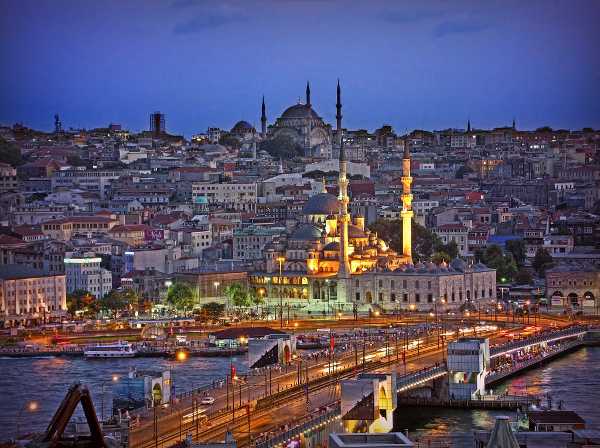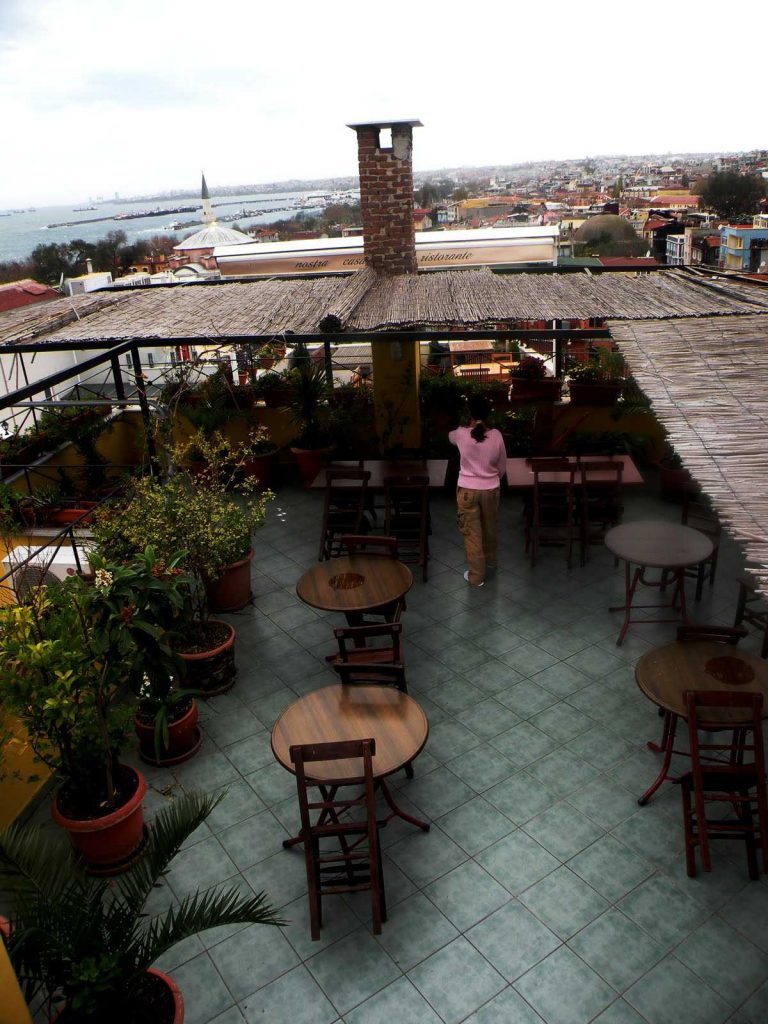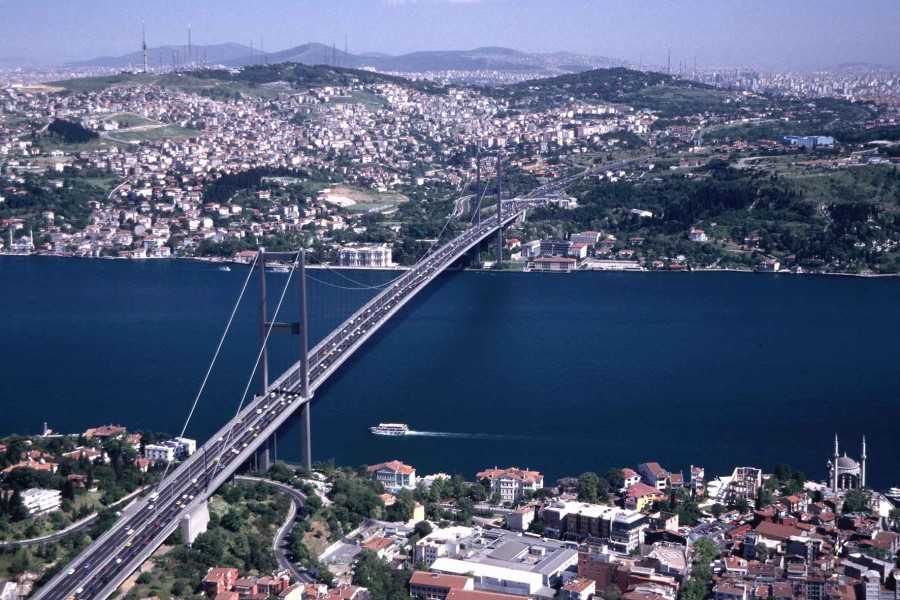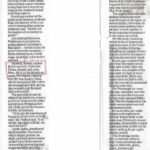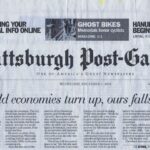Sometimes the oldest cliches ring truest. Billed for centuries as “the bridge between east and west,” Istanbul has over the past two years been the beneficiary of work by the Turkish authorities to prove that it is just that. With plans already afoot for a tender to construct a third bridge over the Bosphorus straits and a final investment decision on the already tendered project for a second tunnel under the Bosphorus expected early next year, officials have announced that the city will get a new main airport.
According to an announcement made by Istanbul Mayor Kadir Topbas at the end of November, his municipality is working with Turkey’s ministry of transportation on plans for a third passenger airport to be located at Silivri, a coastal town 65 kilometres to the west of Istanbul. The planned new airport is slated to have a capacity several times that of Istanbul’s existing main airport, Ataturk Airport, located only 10 km from the city centre.
Turkish Prime Minister Recep Tayyip Erdogan, who is backing the plan, argues that Istanbul’s two existing airports are simply unable to cope with the growing levels of traffic. And he certainly has a point. Thanks to Istanbul’s growing importance as a major regional business hub and its bourgeoning popularity as a city-break tourist destination, throughput at the existing Ataturk Airport and its counterpart on Istanbul’s Asian side, Sabiha Gokcen Airport, has rocketed from 8.7m passengers in 2002 to 41m passengers last year
And with passenger traffic expected to grow at 10% a year for the next decade at least, it is little wonder Turkey’s national carrier Turkish Airlines has its eyes on the planned new airport. “Our assumption is that we will use the new airport as our main hub,” Temil Kotil, CEO of Turkish Airlines, told bne recently.
Spare capacity
However, this planned third passenger airport is not without its critics. They point out that the two existing airports are still not close to full capacity and that Istanbul already has a third airport at Corlu, 20 km to the east of Silivri. Why they ask, when Corlu was designed specifically to handle cargo flights, is most of the air freight traffic in Istanbul still passing through the city’s main passenger hub, Ataturk Airport, taking up capacity that could be used for increased passenger flights?
“Corlu Airport is already there and operating at a fraction of its capacity, so why are we thinking about a fourth airport?” asks Tayfun Kahraman the secretary-general of the Istanbul branch of the Turkish Chamber of City Planners, pointing out that little attempt has been made to integrate Corlu into the regional transport infrastructure. “Turkey’s main European rail line runs nearby, but there is no connection. Let’s improve the transport links to Corlu, make full use of it and then when it begins to approach capacity, then lets think about a fourth airport.”
Improving existing ground transport infrastructure is key to handling Istanbul’s growing traffic problems, rather than building a new airport a long way from the centre. “A new airport would only work if the necessary transport infrastructure connecting it to the city is built first,” Kahraman explains, pointing out the ongoing problems experienced by Istanbul’s second airport Sabiha Gokcen.
Opened a decade back on the outskirts of the Asian side of Istanbul, growth of traffic at Sabiha Gokcen has been severely hampered by poor transport connections. Plans were only recently announced to link the airport to the planned Marmaray rail system, which will allow passengers easy access from both sides of the city, and are still some years away from fruition.
The importance of good road and rail connections for Turkey’s airports is echoed by Ergin Buyukbayram, head of Global Logistics Consulting Services, who recently prepared a master plan for the Turkish government on how to develop the country’s logistics sector. However, he is sceptical of the extent to which Corlu can be developed as a main freight and logistics hub. “The surrounding land is too hilly – coastal sites are much better for airports, as it allows planes to approach low over the sea,” he explains, adding that Corlu is also far from ideal in respect to connections to existing road and rail lines.
Silivri, he says, would be a far better site for a new airport for Istanbul – albeit as a cargo airport allowing freight to be easily shipped on by road and rail, not as the main passenger hub which current plans foresee.
Logistics aside, Kahraman also identifies another problem with developing a new airport at Silivri, which official plans have overlooked. “The area around Silivri has some of the best and most productive agricultural land in the country – we risk destroying something we can’t replace, to build something we don’t yet need,” he warns. bne.
via Balkans.com Business News : Turkey: Istanbul third passenger airport is not without its critics.

